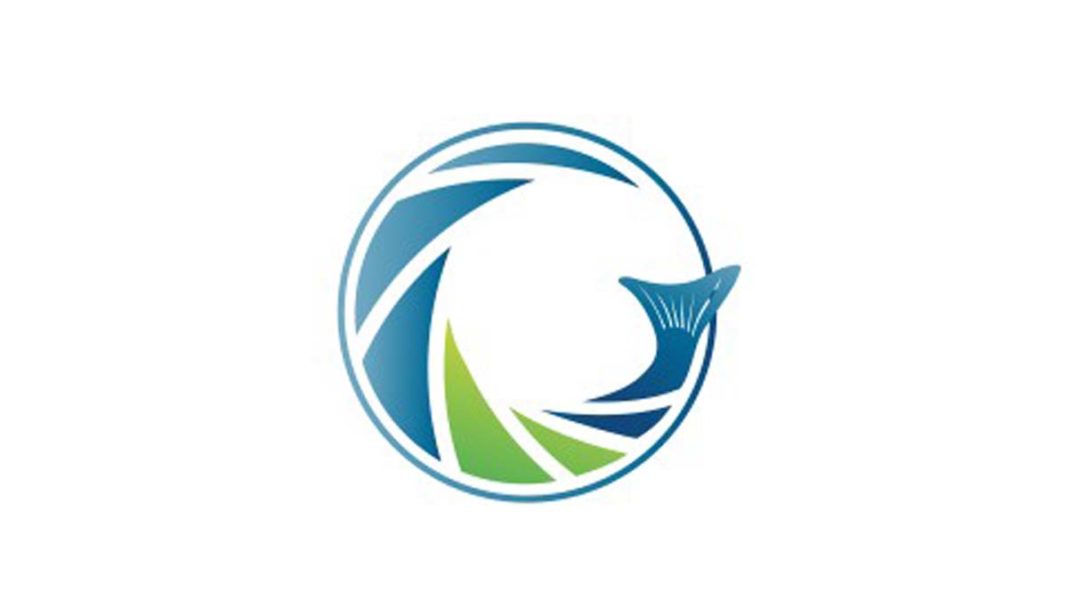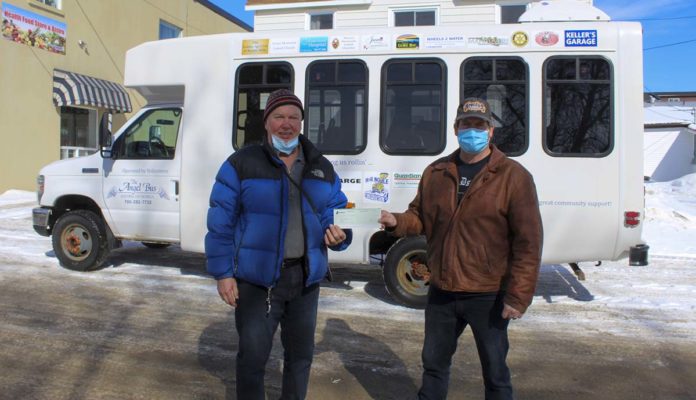Retail store remains open
LITTLE CURRENT—As any farmer can tell you, agriculture is a tough business—you are at the mercy of Mother Nature and the vagaries of weather and micro-climate can have a huge impact on the year’s bottom line—aquaculture is no different. A recent letter to Cole Munro Foods Group customers from owner Geoff Cole highlights how a perfect storm can upset the best laid of plans.
The letter indicates that, for the first time in its 28-year history, an unforeseen catastrophic fish health and subsequent mortality have resulted in the company not being able to supply rainbow trout/steelheads between March 21 and May 23. The company will resume shipping the week of May 23.
“We have always prided ourselves in next-to-zero antibiotic and therapeutant use,” wrote Mr. Cole. “We also have never vaccinated our fish in Ontario, which is very uncommon in the salmonid industry.”
Mr. Cole noted that the company is “taking all necessary precautions for 2022 production to decrease the risk of future fish health events.” Mr. Cole goes on to hope that the company’s customers will be able to secure alternate sources, but also that they will return as customers when shipments can resume in the spring.
While the Little Current fish plant will be experiencing layoffs this month, lasting for about nine weeks, the company has arranged for supplementary layoff benefits through Employment Insurance and will be using the downtime to conduct plant maintenance and upgrades. The retail store attached to the fish plant will, however, remain open through the temporary shutdown.
“We continue to source whitefish and pickerel and we will have frozen trout available,” confirmed Island operations manager Al Wright.
The issues for Cole Munro first arose due to an unseasonably early ice-out last winter. That led to a sudden increase in water temperatures.
“Fish don’t grow in the cold,” said Mr. Wright. “The temperature has to rise to above 4° C in order for the fish to start growing.”
Aquaculture operations put fish into their offshore cages twice a year, in the spring and fall, strategically managing their production to optimize the use of feed and natural resources such as water temperature, but like any agricultural operation, Mother Nature will have her say.
“For farmers an extended drought can wipe out their crop,” noted Mr. Wright. “Environmental factors can have similar impact on an aquaculture operation.” You make your best plan based on experience and science, but unforeseen events can still throw those plans out the window.
The extended period of ice-out and resultant unseasonal water temperature increases led to the aforementioned catastrophic health event which devastated a year class of product.
“We are fortunate to have a very loyal customer base,” noted Mr. Wright, a sentiment reflected in Mr. Cole’s letter to that base.
“We also hope to earn your loyalty back (after this temporary supply setback) as we know we are extremely fortunate to have a loyal customer following,” wrote Mr. Cole. “Our future will depend on it.”





